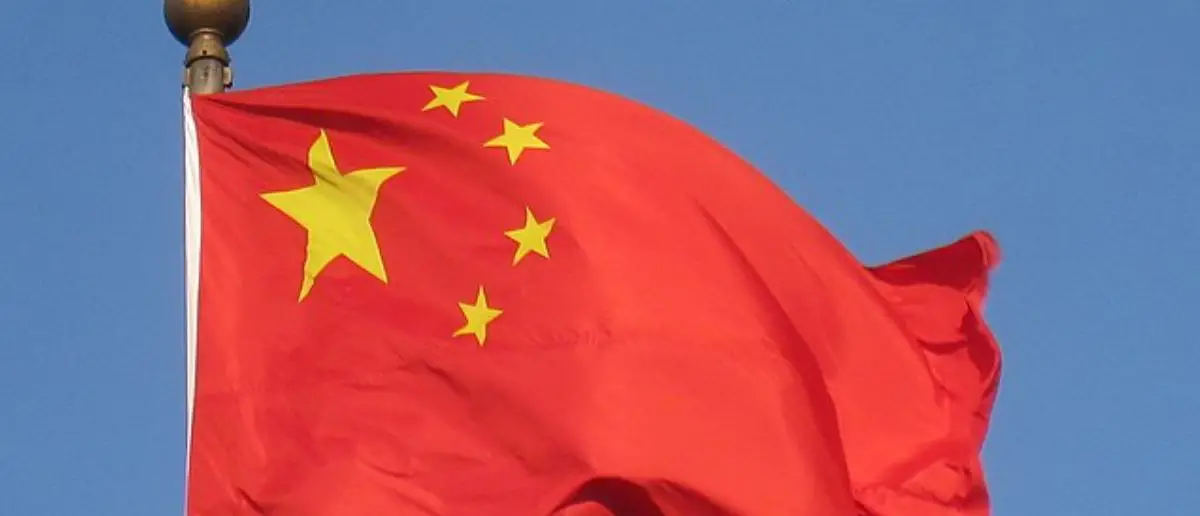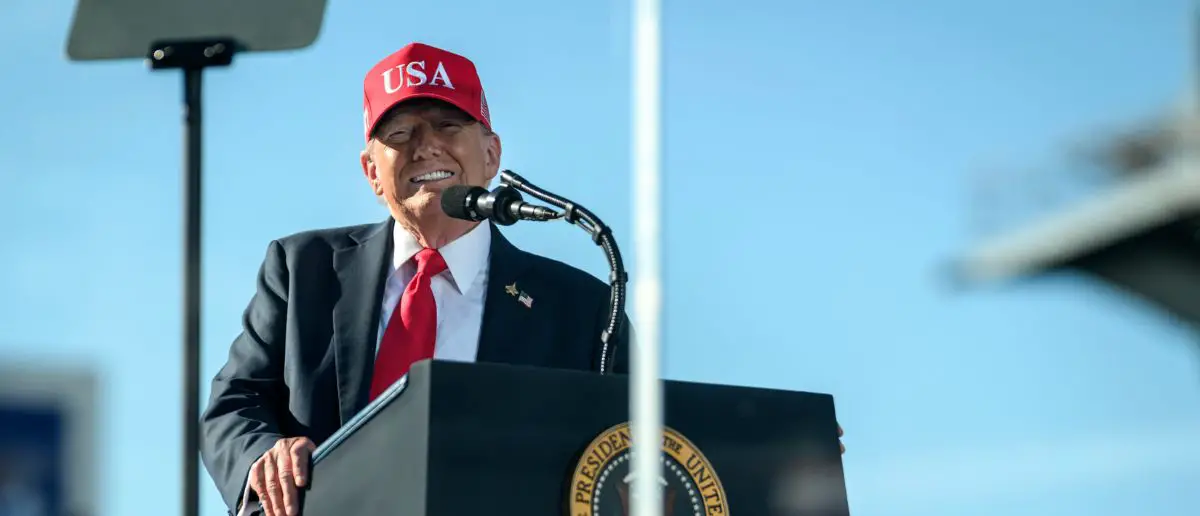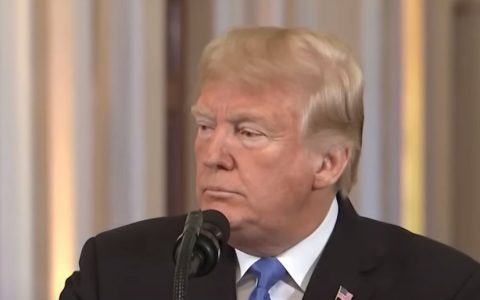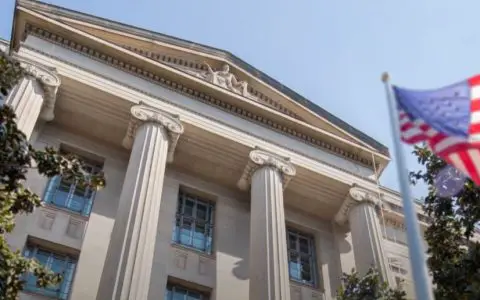
America’s enemies don’t want to fight head-on. Instead, they want to take us down from within.
And now a high-profile U.S. diplomat was fired for getting into bed with China’s government.
Diplomat Dismissed for Concealed Relationship
The State Department announced on Wednesday the termination of a U.S. diplomat who confessed to hiding a romantic involvement with a Chinese national linked to the Chinese Communist Party, marking the initial enforcement of a prohibition enacted during the Biden administration’s final months.
The policy restricts romantic or s-xual relationships for U.S. government staff in China, along with family members and cleared contractors, as detailed in an earlier Associated Press report from this year.
The ban aims to safeguard national security amid concerns over foreign influence. The diplomat’s case represents the first known dismissal under these rules, highlighting heightened scrutiny on personal associations in sensitive postings.
Trump Administration’s Zero-Tolerance Stance
State Department spokesman Tommy Pigott confirmed the action in a statement, noting that President Donald Trump and Secretary of State Marco Rubio examined the matter before approving the firing. Pigott explained that the diplomat had “admitted concealing a romantic relationship with a Chinese national with known ties to the Chinese Communist Party.”
“Under Secretary Rubio’s leadership, we will maintain a zero-tolerance policy for any employee who is caught undermining our country’s national security,” Pigott added.
The individual was not named, though he and his partner appeared in a covertly recorded video circulated online by activist James O’Keefe.
China’s Espionage Efforts Against the U.S. in Recent Years
In recent years, China’s espionage activities targeting the United States have intensified, encompassing cyber intrusions, economic theft, and human intelligence operations, often orchestrated by the Chinese Communist Party (CCP).
The FBI has described these efforts as a “grave threat,” involving widespread counterintelligence and economic espionage to steal intellectual property and sensitive technologies. A February 2025 House Committee on Homeland Security report documented over 60 cases of CCP-linked espionage and repression on U.S. soil, including operations by state-sponsored actors.
Cyber campaigns have surged, with a September 2025 CISA advisory warning of Chinese hackers compromising global networks to support a vast espionage apparatus, affecting U.S. entities.
By July 2025, the Washington Post reported that Chinese government agencies’ hacking incidents against U.S. targets had more than doubled, driven by an evolving economic model for offensive cyber operations. A CSIS survey tracks 224 instances of Chinese espionage against the U.S. since 2000, with a notable uptick in recent years focusing on tech sectors like AI and semiconductors.
Physical and hybrid threats have also grown; a RAND analysis in April 2025 noted the expansion of China’s U.S. spy networks to include potential sabotage capabilities in conflict scenarios.
Concerns extend to data access, as highlighted in a January 2025 Carnegie Endowment study, which flagged risks from Chinese-made devices like security cameras enabling surveillance and data exfiltration.
Economic espionage remains core, with a January 2025 MITRE report urging enhanced intelligence community skills to counter IP theft and forced technology transfers. Despite Beijing’s denials—such as in an April 2025 Reuters report accusing the U.S. of cyberattacks—U.S. officials continue to emphasize the multifaceted nature of these threats, complicating countermeasures as noted in a May 2025 Politico analysis.





